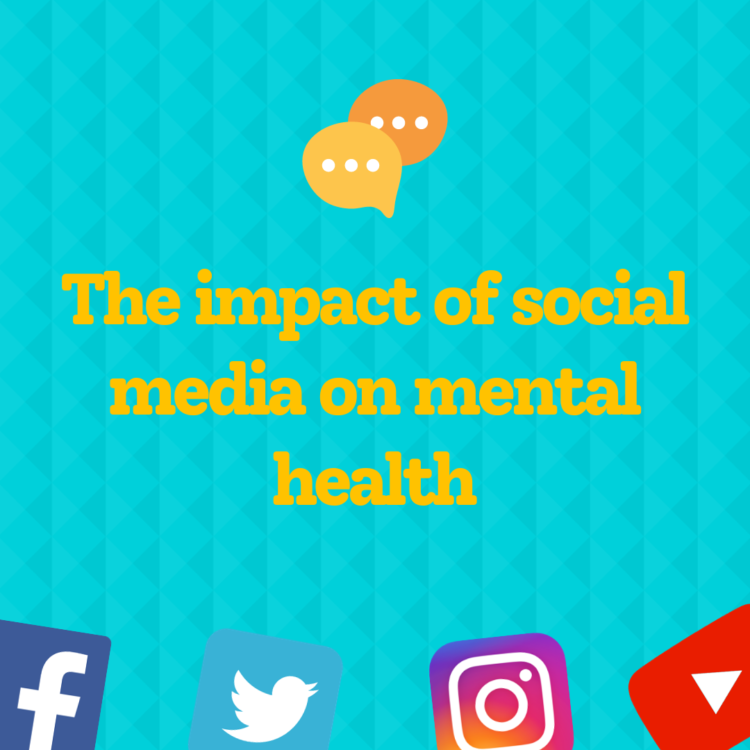In the age of interconnectedness, social media has become an integral part of our daily lives, shaping how we communicate, share, and perceive the world. While these platforms offer unprecedented opportunities for connection and self-expression, the impact of social media on mental health is a complex and evolving topic. In this blog, we’ll explore the various ways in which social media affects mental well-being and discuss strategies for cultivating a healthier digital experience.
The Double-Edged Sword of Comparison:
Social media platforms often serve as highlight reels, showcasing curated moments of individuals’ lives. The constant exposure to seemingly perfect images and lifestyles can lead to detrimental social comparison. Users may feel inadequate or experience low self-esteem when comparing their lives to the carefully crafted narratives presented online.
The Pressure of Perfection:
The pursuit of perfection is a common theme on social media. Influencers and celebrities often present an idealized version of their lives, complete with flawless appearances and enviable experiences. This curated reality can contribute to unrealistic expectations, fostering feelings of inadequacy and anxiety among users striving to meet these artificial standards.
Fear of Missing Out (FOMO):
Social media’s real-time nature can intensify the Fear of Missing Out (FOMO). Seeing friends or acquaintances engaging in social activities without you can trigger feelings of isolation and exclusion. The constant stream of updates can create an illusion of perpetual social engagement, heightening FOMO and impacting mental well-being.
Cyberbullying and Online Harassment:
The anonymity provided by social media platforms can facilitate cyberbullying and online harassment. Negative comments, trolling, and malicious behavior can have severe consequences on mental health, leading to stress, anxiety, and, in extreme cases, depression.
Validation-Seeking Behavior:
The pursuit of likes, comments, and shares can foster validation-seeking behavior on social media. Individuals may tie their self-worth to the online approval of others, leading to a constant quest for external validation. This reliance on virtual affirmation can negatively impact self-esteem and overall mental health.
Social Isolation vs. Connectivity:
While social media connects people globally, it can paradoxically contribute to social isolation. Excessive screen time and online interactions may replace meaningful face-to-face connections, leading to feelings of loneliness and disconnection in the real world.
Digital Well-being Practices:
To mitigate the impact of social media on mental health, it’s essential to establish healthy digital habits. Set boundaries for screen time, take breaks from social platforms, and curate your online environment by unfollowing accounts that contribute to negative feelings. Prioritize real-world interactions to maintain a balanced social life.
Promoting Positive Content and Communities:
Contribute to a more positive online space by sharing uplifting content and engaging in supportive communities. Foster genuine connections by participating in constructive conversations and using social media as a tool for inspiration and learning rather than comparison.
Conclusion:
As social media continues to shape the way we connect and communicate, it’s crucial to be mindful of its impact on mental health. By understanding the potential challenges and adopting healthy digital practices, users can navigate the digital landscape more consciously. Striking a balance between online and offline interactions, promoting positivity, and prioritizing mental well-being are key steps toward fostering a healthier relationship with social media.










No Comments
Leave Comment